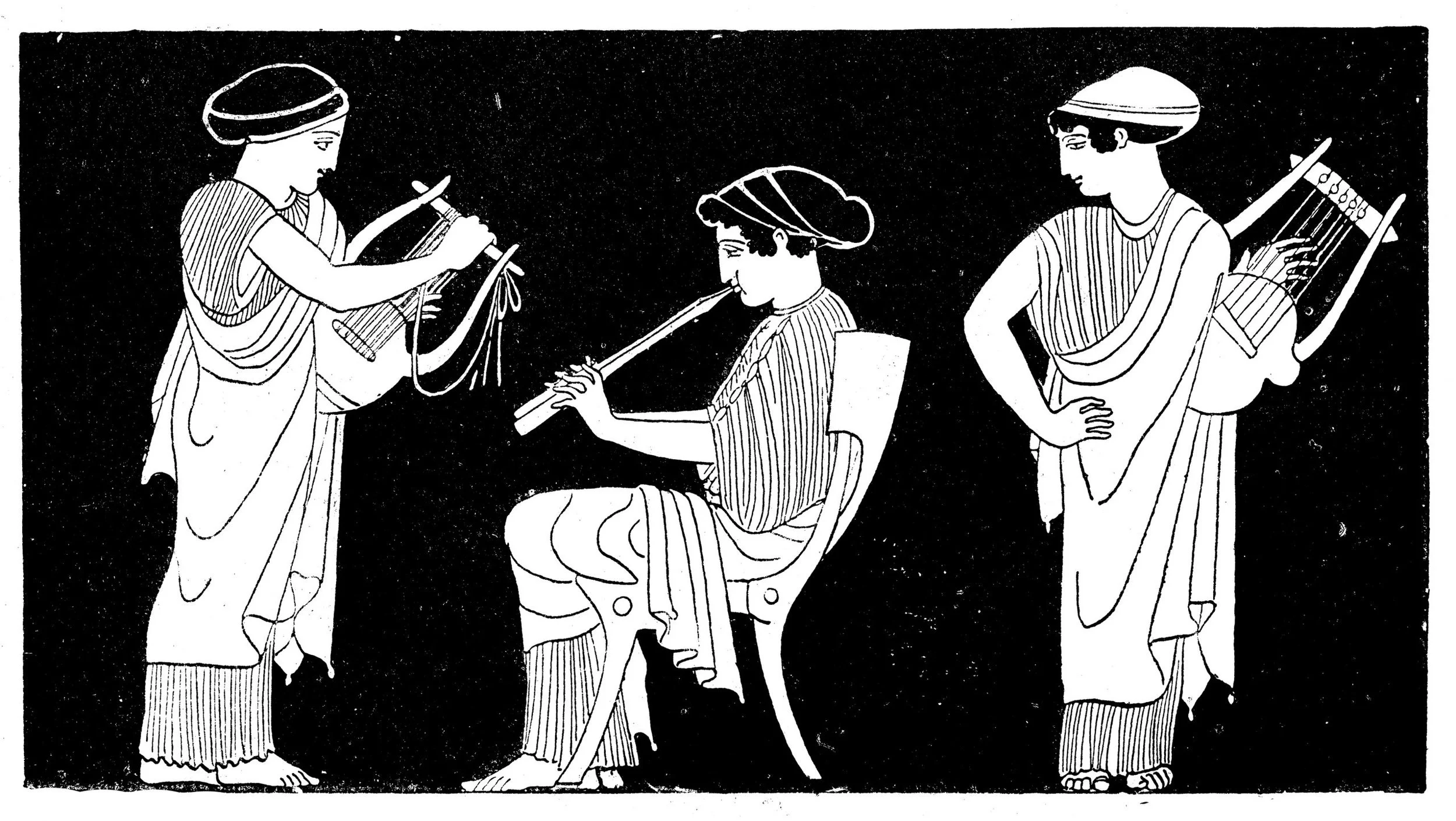From the history of music – how it all started
Music is now such an important part of our lives that most of us don’t leave home without headphones. Have you ever wondered why people have such a strong connection with this art form? How did it even appear?
It is said that music has always accompanied mankind. However, despite the fact that people have been living on earth for three million years, the world’s oldest known musical instrument is only about 40,000 years - Divje Babe flute. The thing is, our prehistoric ancestors didn't need tools to make music. They used to use their voices to sing, their hands to clap, stones as percussion, and reeds as a wind instrument. People turned to music for a variety of reasons, including entertainment, hunting, and even sacrifice.
Divje Babe flute — the world's oldest known musical instrument
During the time of Ancient Egypt, music played an important role. There was a whole system of constructing music, which measured the pitch and duration of sounds. Unfortunately, scientists haven’t yet been able to unravel it, so we don’t know how to play the ancient Egyptian songs. It is known from historical monuments that music had a mystical purpose as an intermediary between nature and man.
Later, music also became entertainment. Musicians were depicted on the walls of the tombs to brighten up the afterlife of the deceased. It is also known that musicians accompanied singers, played for plantation workers and rowers on the Nile, in villages and palaces, and even during combat competitions. By the way, the first conductors—people who lead a musical ensemble with hand movements—appeared in Egypt.
For the ancient Greeks, music was the divine activity of the muses, the patrons of creativity. In the first millennium BC, thinkers of the Pythagorean school gave the mathematical basis for music. The concepts of harmony, mode systems, and letter notation were introduced. Also, the theory of music was born, along with the rules of its construction. The Greeks composed hymns to the gods, laudatory odes to heroes, congratulatory songs to newlyweds, etc.
The string, wind, and percussion instruments that came from the east were adapted — hence the lyre and flute. They also created their own instruments. For example, the first keyboards appeared.
In the first millennium BC, Rome conquered Greece. The Romans retained respect for the art of music. They arranged concerts, shifted poems to music, and the rich people bought expensive instruments for themselves or maintained an orchestra of hired musicians. The musical education of children was extremely popular. The music of ancient Rome combined many cultures that it absorbed from the captured states.
However, with the beginning of the decline of the empire, music ceased to be serious and became entertainment. Musicians were no longer respected: they were on par with buffoons. Music was considered an unworthy occupation for a free person.
Music has undergone many more changes during the development of mankind. Only one thing remains unchanged — music has always been one of the most powerful forms of art. And it will continue to inspire, unite, please, and comfort us.
Article by Viktoria Kogan,
Unarthodox Element Blog Contributor




